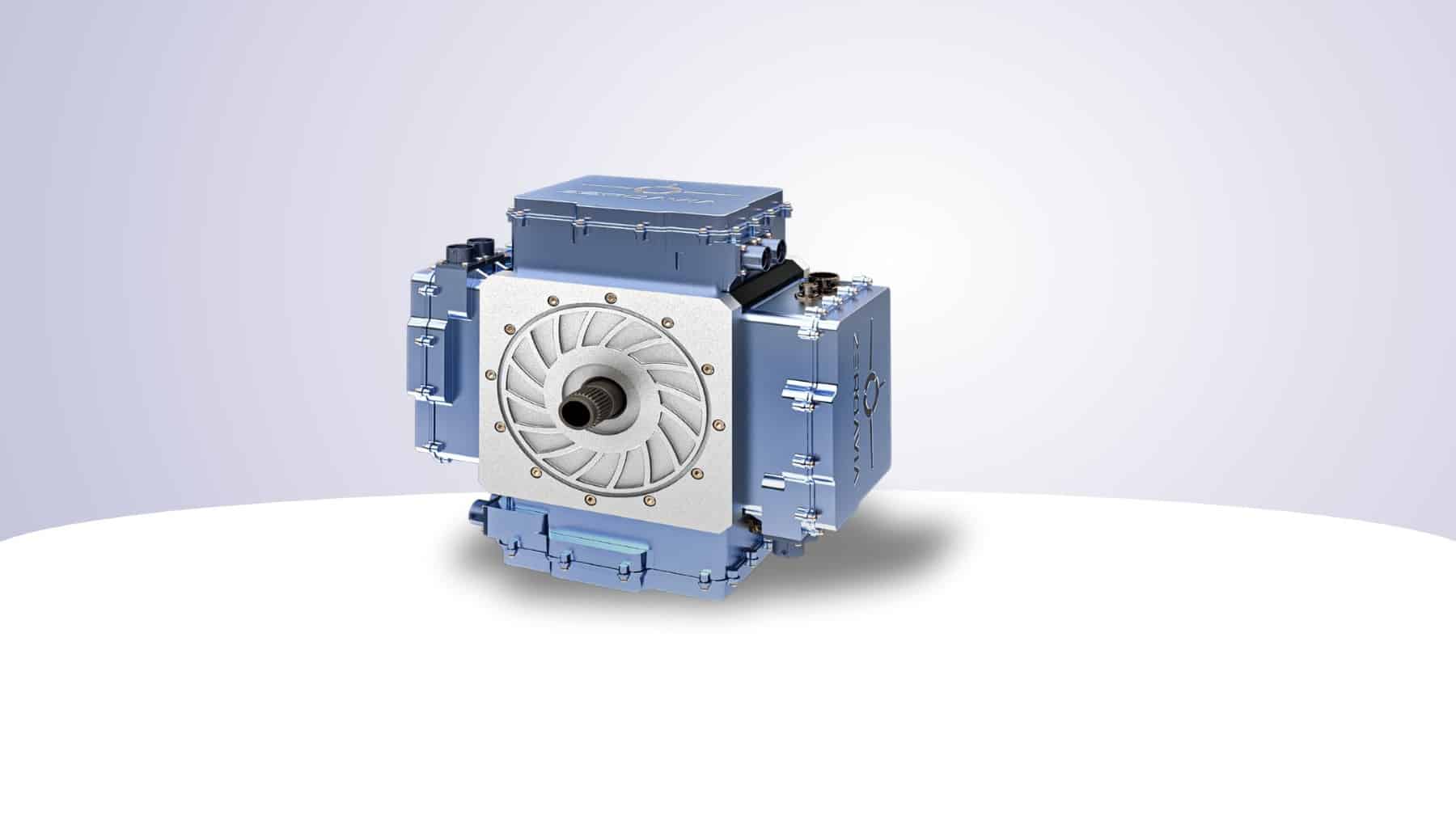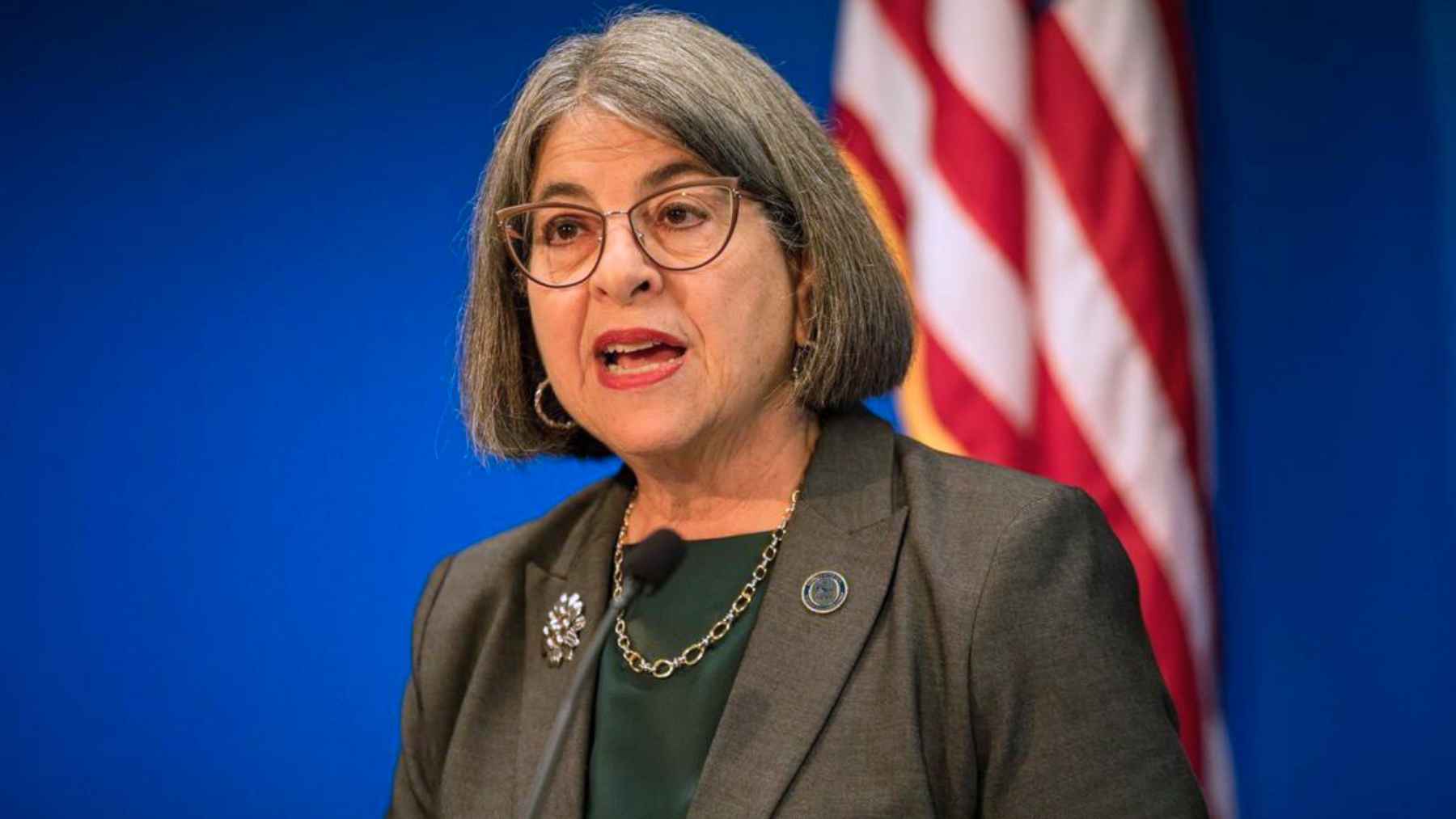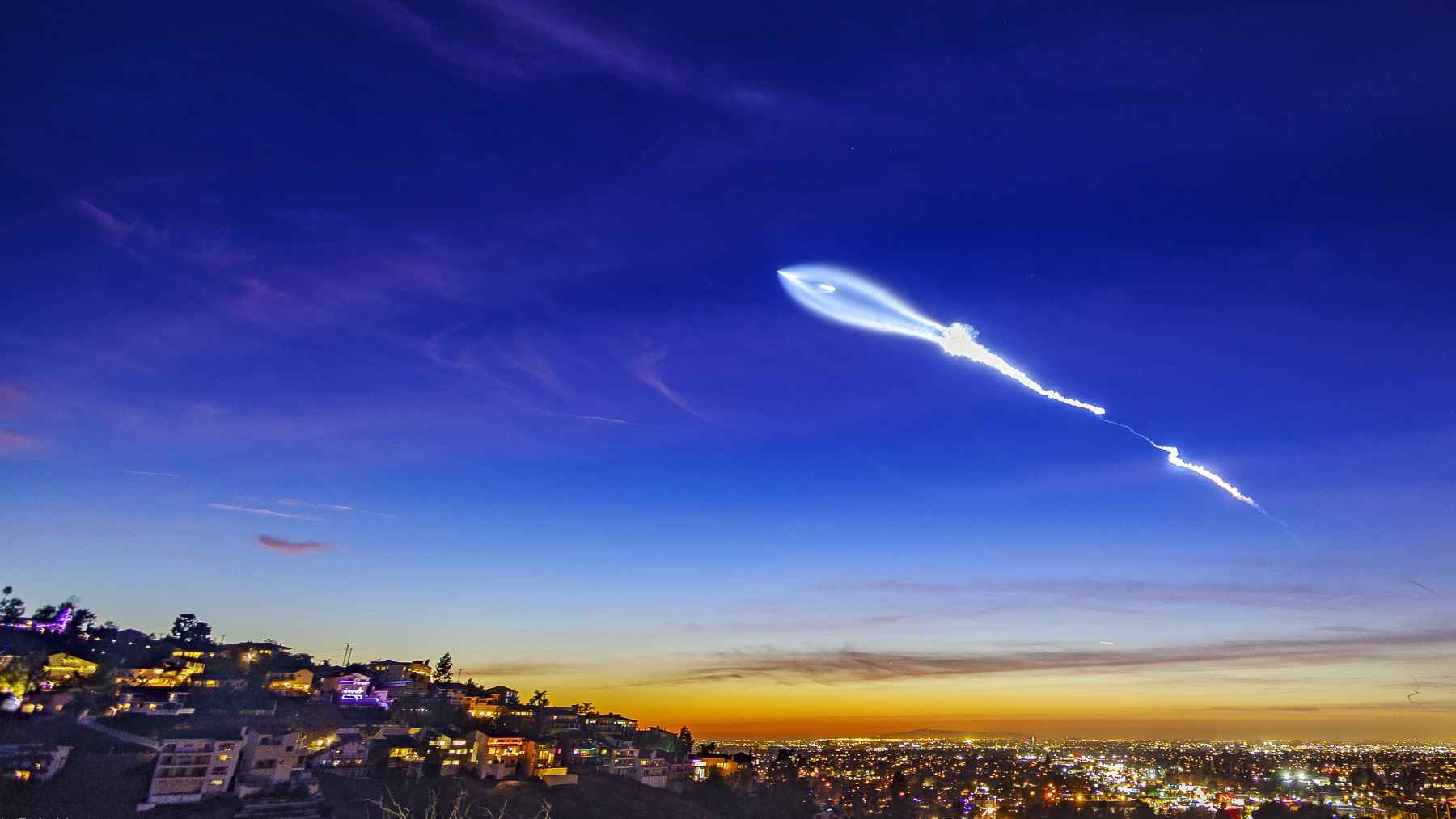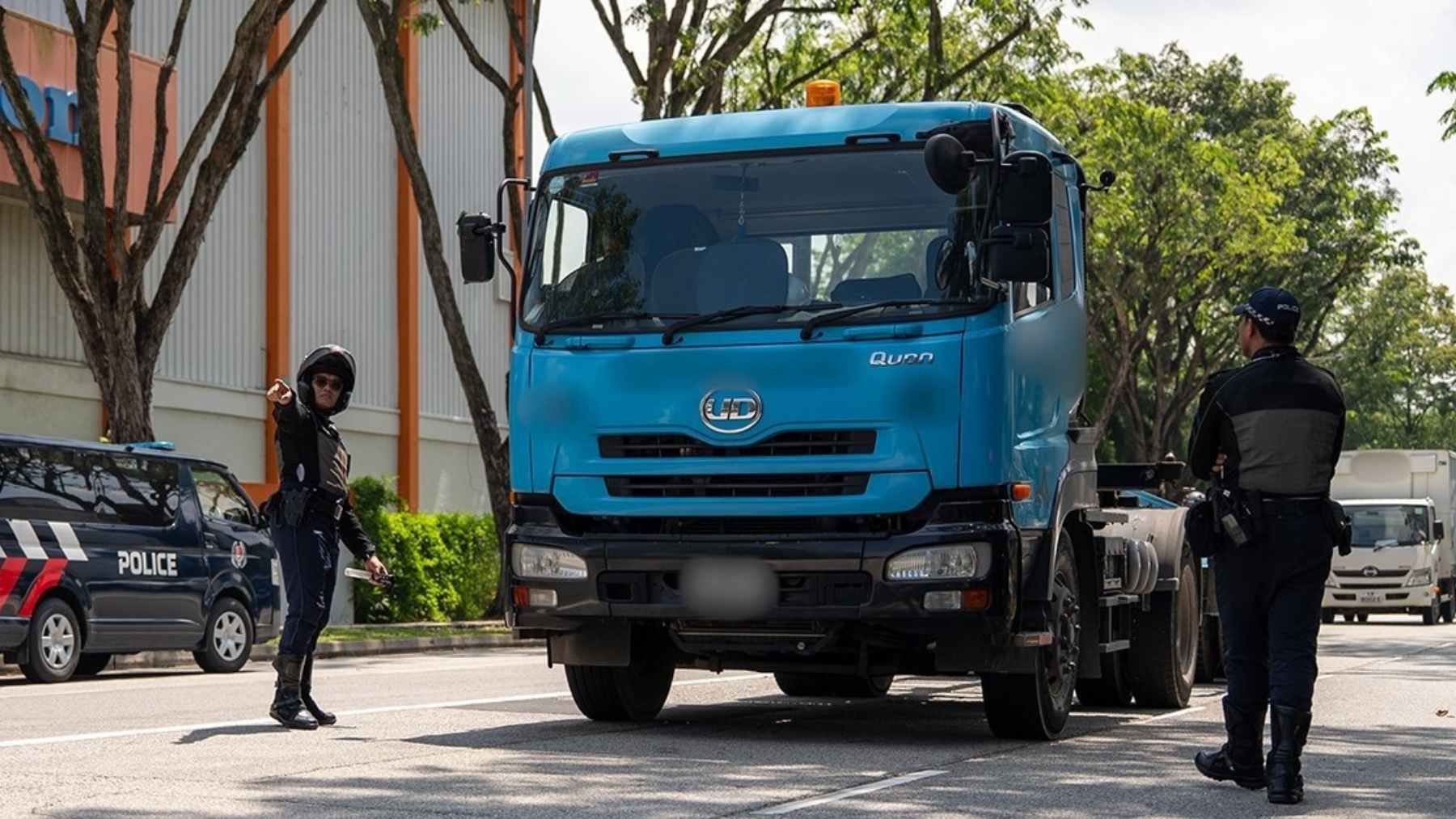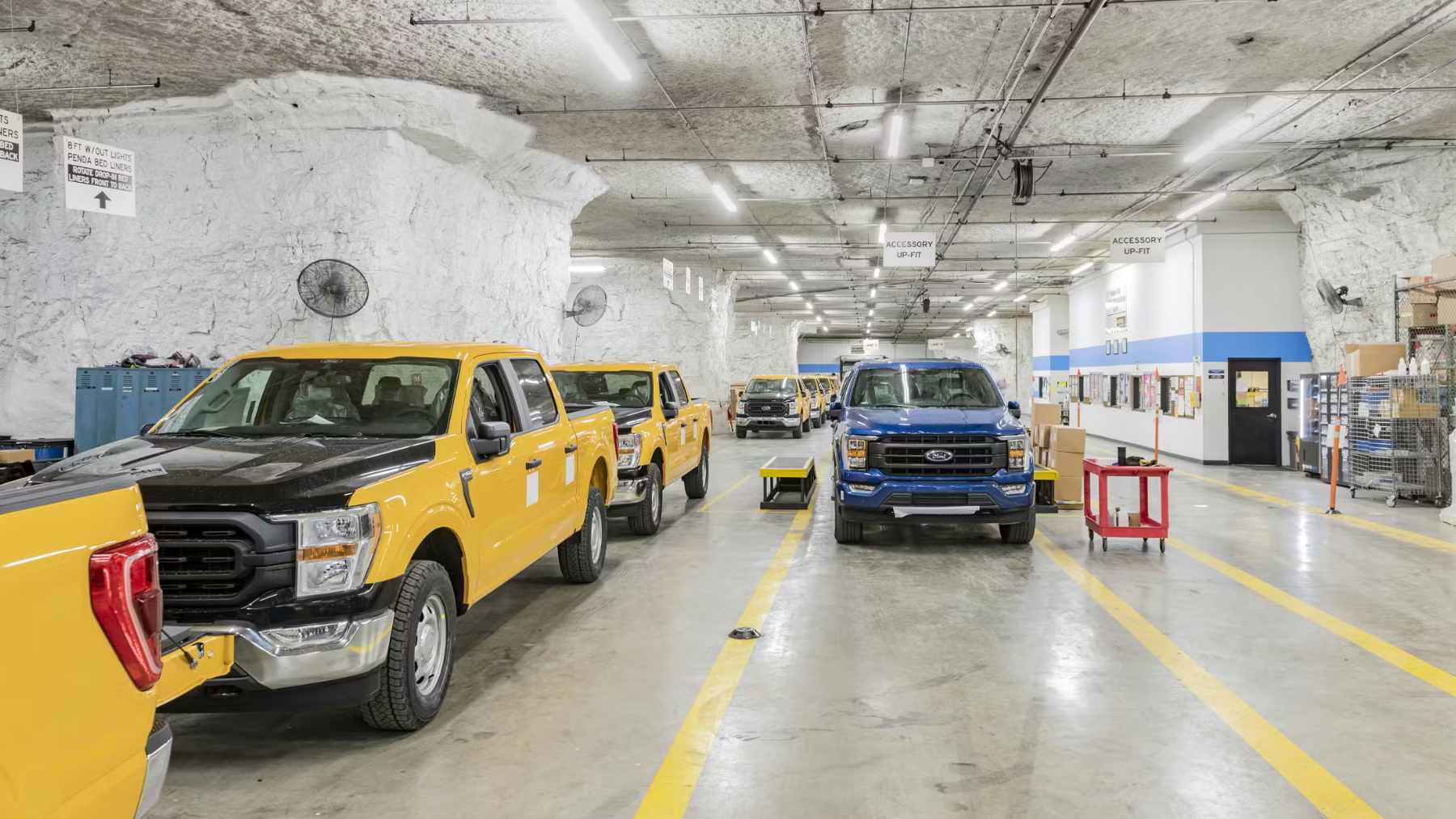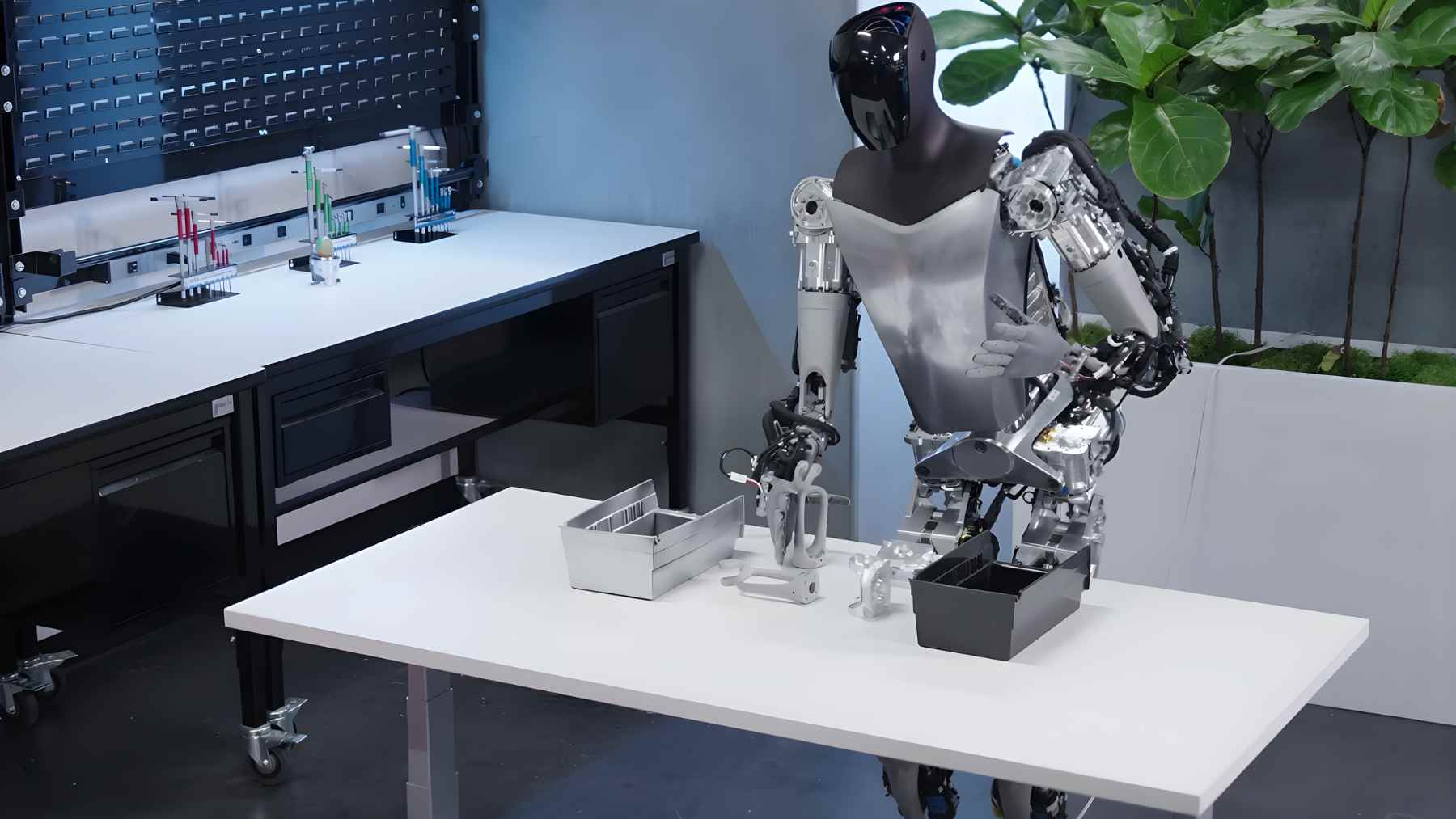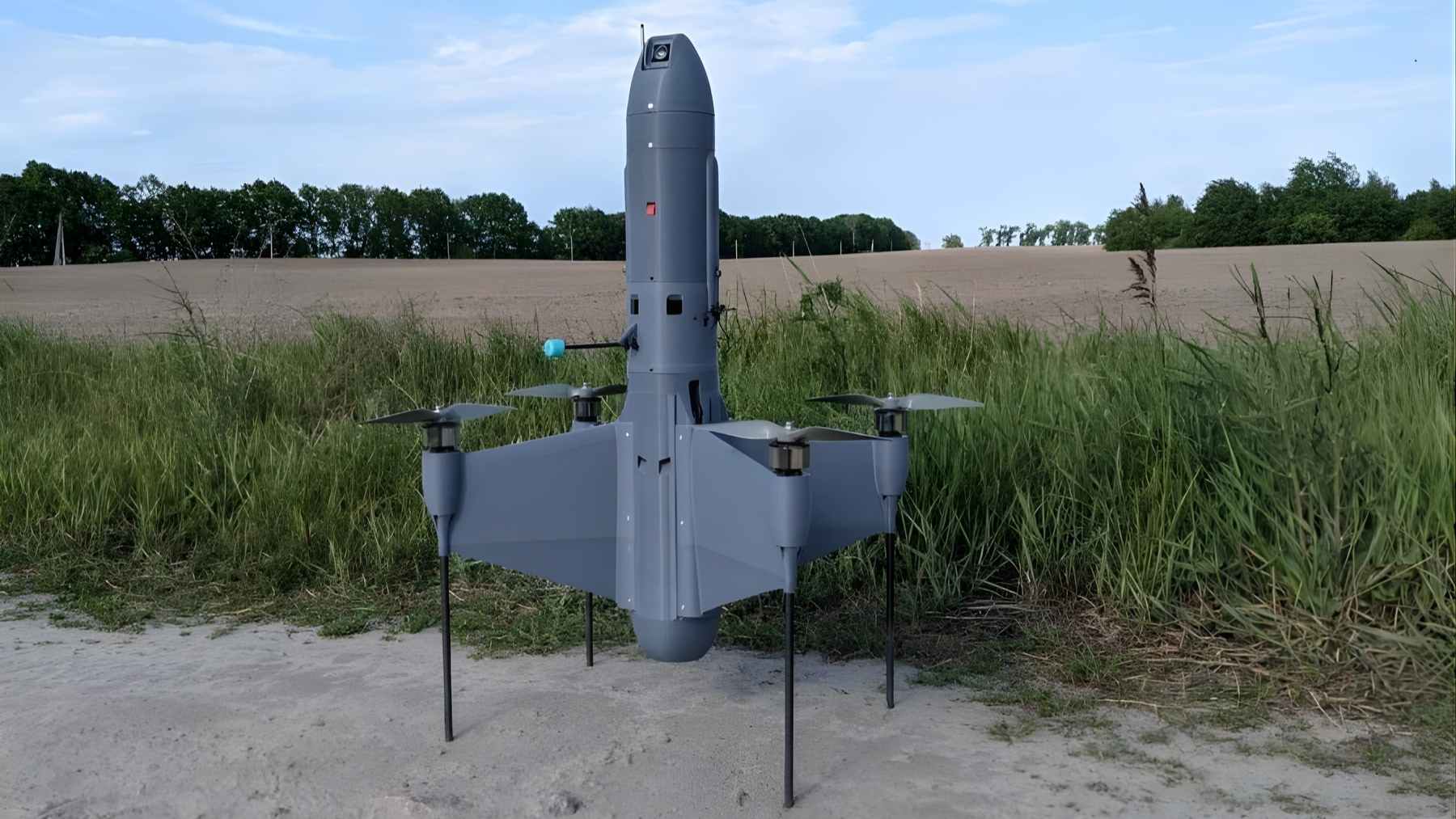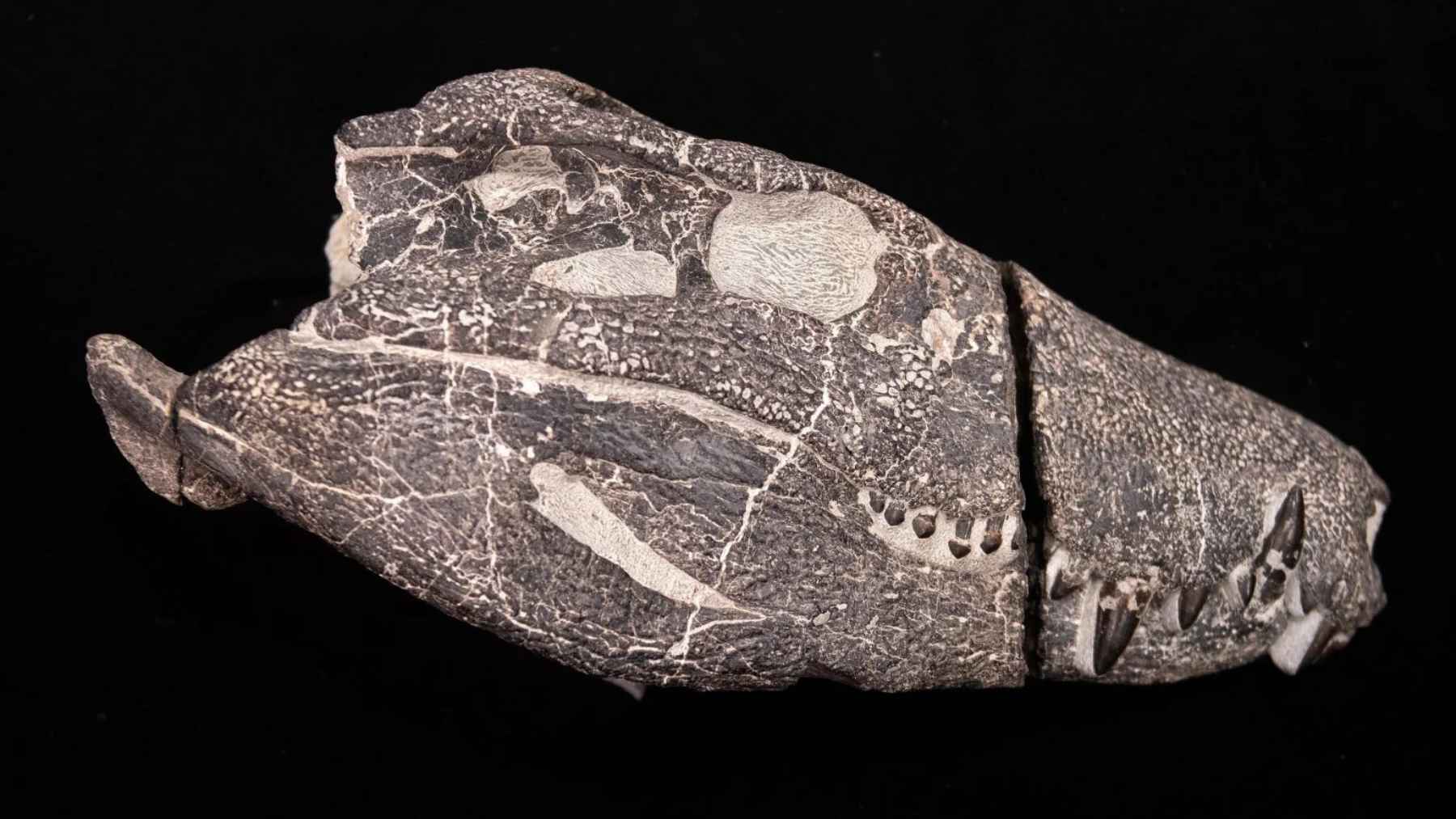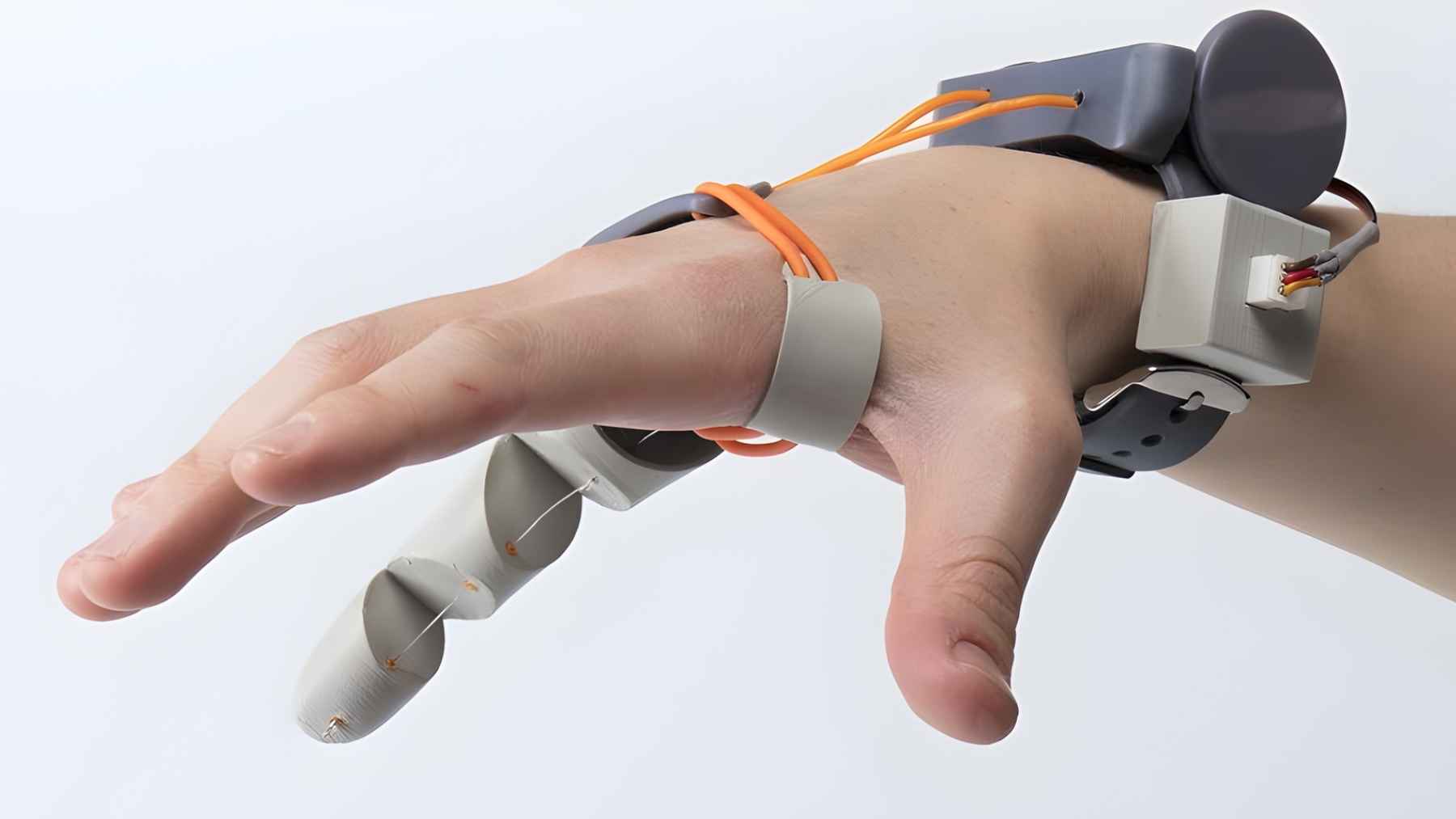As the world grows increasingly concerned with reaching sustainability goals amidst the climate crisis, revolutionizing the transportation industry has been a priority for both innovators and activists alike. From electrical and hydrogen solutions in passenger vehicles, the automobile industry has been spearheading the development of more sustainable solutions. Now, the aviation industry may be catching up with this new engine for a cleaner future.
The problem with electrifying the aviation industry
With the transportation sector particularly spotlighted for its use of fossil fuels through the internal combustion engine, automobile brands have set out to search for cleaner alternatives that can satisfy both public demand and climate goals. The electric engine has been groundbreaking for passenger vehicles, with most major automobile brands offering an electric vehicle model in their lineup today.
However, while electrical engine technology has been seen as the future of passenger vehicles, doing the same for the aviation industry has had its drawbacks. The major problem with creating an electrical engine to replace the petroleum-based engines most aircraft operate on is that the batteries which would be required to power an aircraft would render it flightless due to the density of the batteries needed. Thus, the aviation industry has largely stalled on renewable solutions, and particularly on the electrical front.
This new aircraft engine is cleaner than hydrogen
While the electrical engine has constantly met a dead-end in the aviation industry, hydrogen has been signaled out as a possible alternative. Not only would a hydrogen-powered aircraft provide a more renewable solution for the aviation industry, but it has also been signaled as a real possibility for being compatible with aerodynamic operations of an aircraft. While hydrogen has been criticized for its use in the automobile industry, it may have a better future for renewable aircraft.
However, ZeroAvia has combined the best of both worlds by producing a 600kW electric propulsion system (EPS) which uses hydrogen as a fuel source to produce electricity to power an aircraft. The company recently sold its engine to Jetcruzer International for electric flight testing for the design of their Jetcruzer 500E.
The Jetcruzer 500E is set to be a six-seater hydrogen-electric aircraft, with an entry-into-service goal of 2028, followed by the 1250E in 2030. Jetcruzer and ZeroAvia are just two of many who are committed to changing the current trajectory of aircraft engines. The engine is also reportedly cleaner and more powerful than current pure hydrogen engine solutions.
“Sustainable aviation is the future, and we are thrilled to take a leadership role in advancing this vision. The electrification of the Jetcruzer 500E represents a bold step forward in reducing carbon emissions while maintaining the high performance and efficiency our customers expect. Partnering with ZeroAvia, a proven leader in zero-emission propulsion technology, reinforces our commitment to pioneering clean aviation solutions.”
ZeroAvia continues to rise and expand
ZeroAvia has continued to advance its technology, with major plans to continue to expand its mission, committed to a sustainable future in which air travel can be part of:
“While hydrogen-electric is the future for the majority of commercial routes in existence today, advances in electric propulsion technology and novel aircraft design are opening up an exciting range of new shorter-range, electric air mobility applications,” said ZeroAvia founder and CEO Val Miftakhov.
In addition to the Jetcruzer developments, the company is currently in the process of building a new facility at Paine Field airport close to Seattle. There, they plan to improve and redesign a de Havilland Dash 8-400 twin turboprop with the ZA2000 hydrogen-electric propulsion system, an engine designed for a 40- to 80-seat regional turboprop. Their goal is to install the first ZA600 powertrain conversion kits under supplemental type certificates by the end of 2025, with the larger ZA2000 units to come in 2027.
